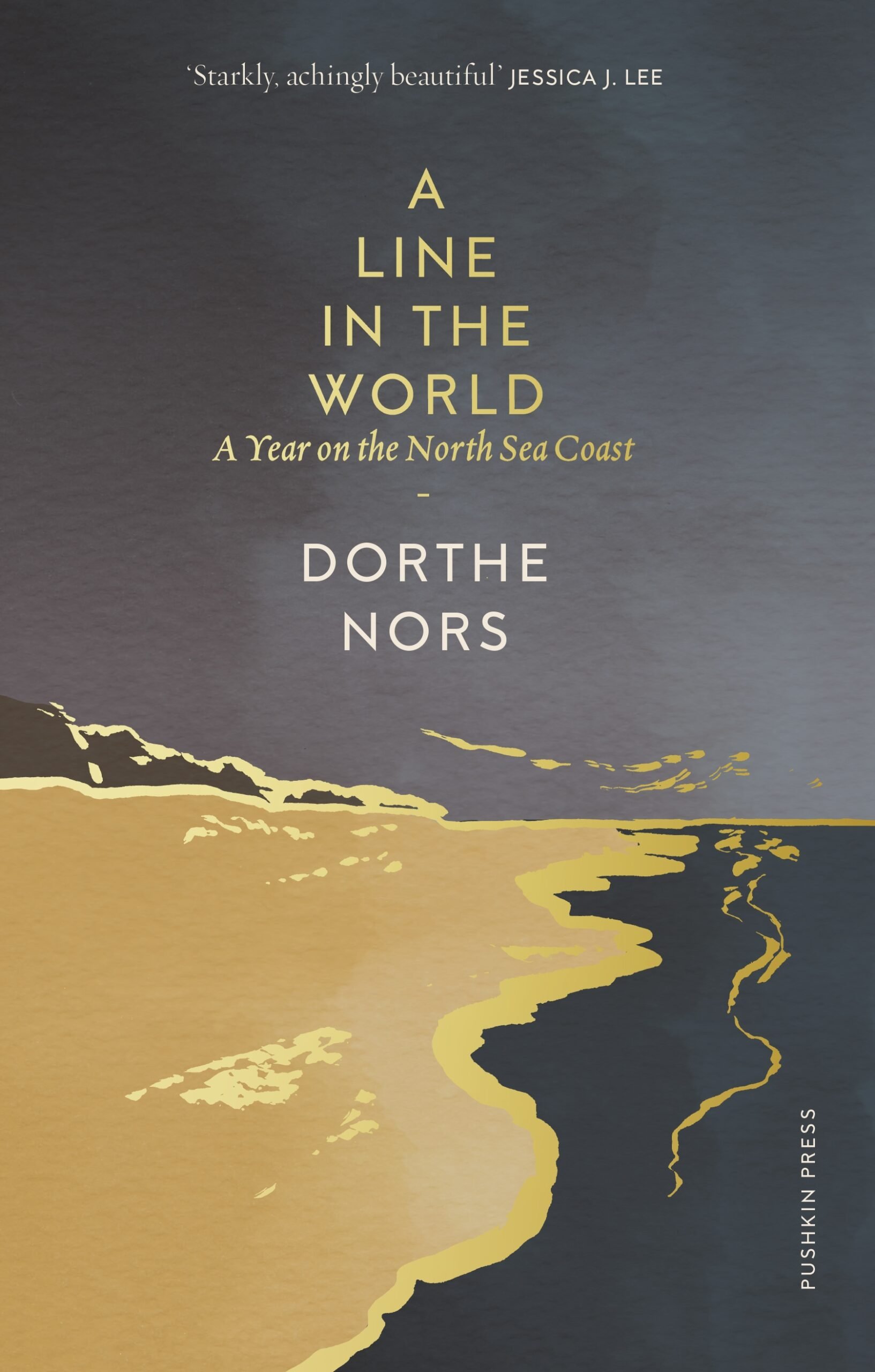I enjoyed the unique narrative of Dorthe Nors' novel “Mirror, Shoulder, Signal” so I was curious to experience her first book of nonfiction which is a meditation on the coast of her native Jutland. She visits various points along the line of the map where the land meets the North Sea including villages, churches, lighthouses, power stations and surfing beaches. It's an area where she was raised and where she currently lives, but she poignantly captures the seemingly paradoxical sense of being from this place as well as being a perpetual outsider. She frequently refers to the “schism” where identity is formed. This is an intersection between time, memory, landscape and community which the individual uneasily occupies. At the same time she reflects upon her personal history as well as the factual and mythic history of the people found here. However, she realises that there cannot be one true chronicle as details of the past become muddled: “When does a story begin? Always somewhere else, always further back in the text, beyond the horizon, in the unknown”. What she offers instead is a personalised view of the beauty and dangers of this natural environment as well as the courageousness, warmth and occasional narrow mindedness of its people.
The memoirist style of this book is pleasurably meandering and broody. Specific instances of erosion, pollution, religious conflict and colonialism have affected different areas of this landscape. Nors shows how these issues raise larger points regarding how the narrative of history is formed and the function of community. I was reminded of Keegan's novel “Small Things Like These” when she describes the tension surrounding how locals want to defend a local company because it employees so many people, but at the same time it's poisoning the land and water with chemical waste. Nors meaningfully recounts the mission of Denmark's first environmental activist known as 'Amber Aage' and observes how “The silence that can close around someone who says what mustn't be said in a small community isn't for the faint of heart.” The drive to maintain the status quo is also reflected in the way women have been traditionally treated in this location and how outsiders are regarded with suspicion because of provincial attitudes that: “Big cities, free speech and foreign lures are the work of the devil.” At the same time Nors recounts the humour and warmth she experiences with many of this coastline's inhabitants. I admire the way she shows how we can have so many mixed feelings about our homeland and how it's an inextricable part of our character.








